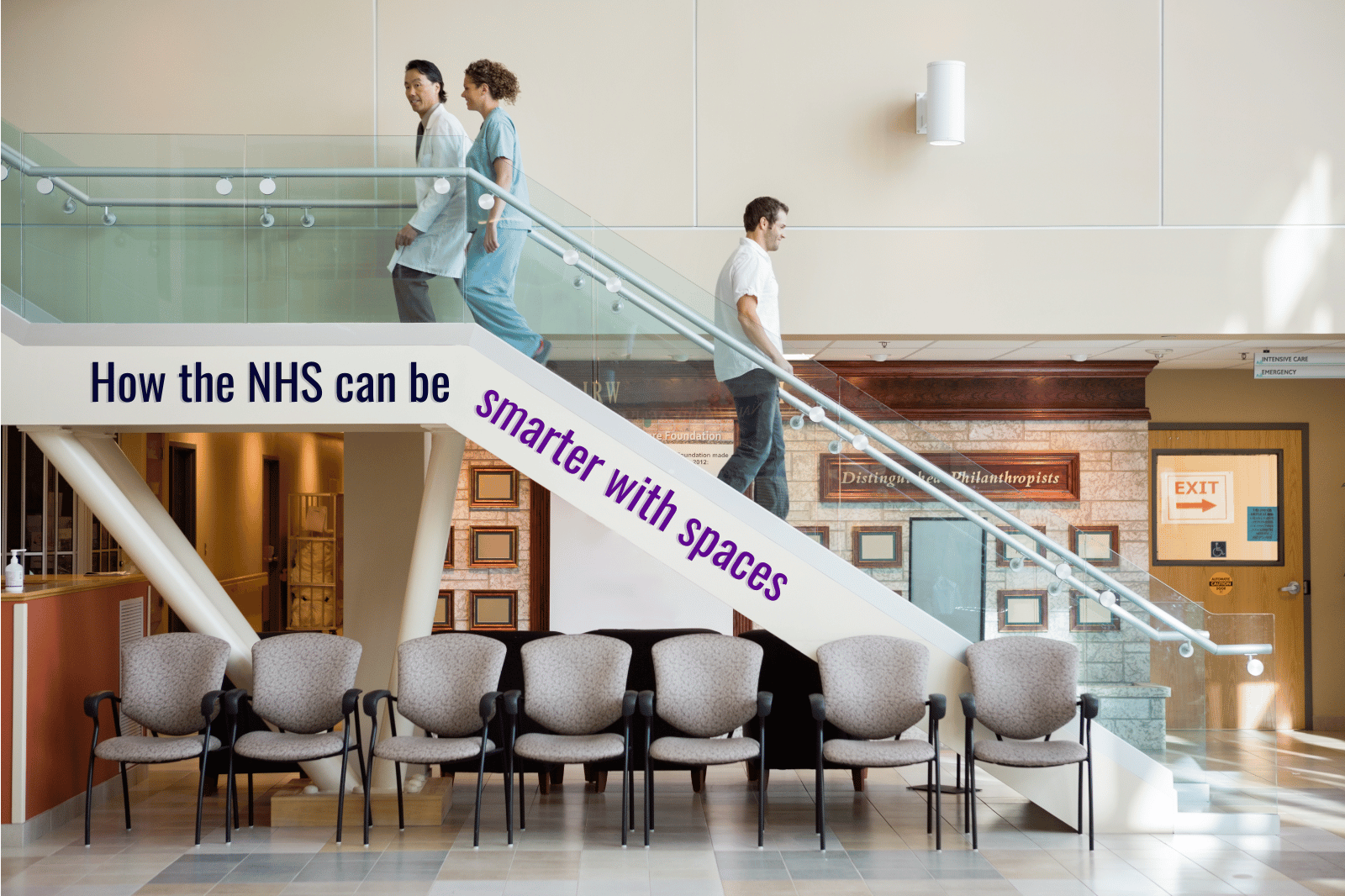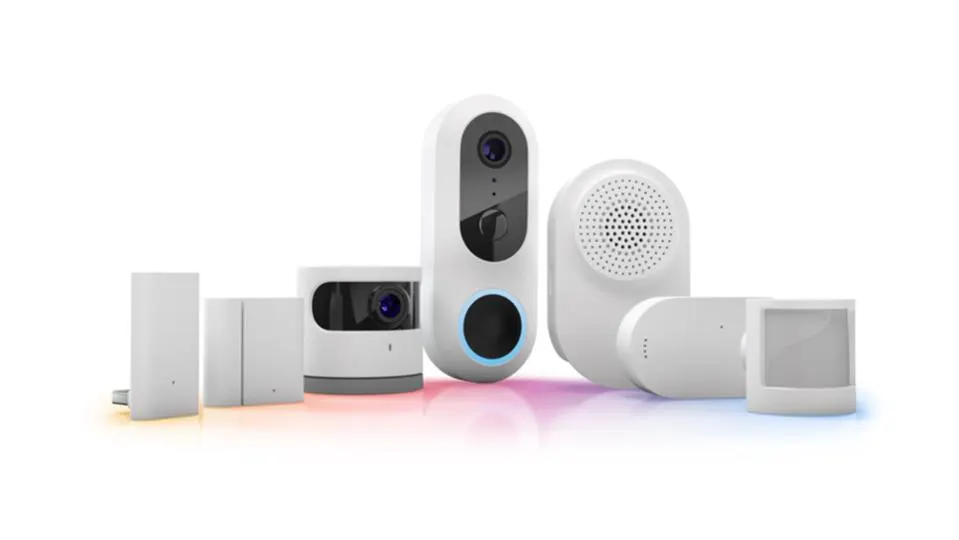Sky Protect - Why IoT is coming to your home
Sky have always been a media company willing to push the proverbial boat out into the glittering digital seas of new consumer technology - and Sky...
3 min read
 Konnor Baskaran
Jun 27, 2023 10:00:00 AM
Konnor Baskaran
Jun 27, 2023 10:00:00 AM

The NHS is under a lot of pressure right now, in case you haven’t heard. Strikes, staff shortages, pandemic backlogs, waiting lists, an aging population – there are many factors at play here, but one key piece is the physical capacity of trusts.
Maximising the use of the primary care estate, moving it closer to communities and relieving strain on acute care centres is an important objective of the NHS Long Term Plan. Organisations such as NHS Property Services have already delivered crucial insight for many trusts, but this hasn’t been adopted consistently at a national level yet.
Individual trusts can use their experience and understanding of their specific local needs in order to better inform data gathering for effective space utilisation projects.
A lack of data is often the starting point of poor decisions, because people tend to fall back on their feelings when they don’t have the facts. If trusts are going to implement efficient space utilisation strategies, they need to know how their spaces are being used, at what frequency and why.
Clinics are constantly being remodelled, but without a solid baseline understanding, this is not necessarily productive. Trusts risk over-investing in new spaces when they aren’t using their current estate efficiently, wasting money and time.
Kingston Hospital NHS Foundation Trust have been tackling space utilisation recently to significant effect. The trust has been under pressure to expand their parking facilities, but their previous pay and display parking tickets didn’t provide enough data on parking habits. From these tickets, you could tell people had paid for several hours, but not how long they stayed.
Kingston realised that before they built new parking, they needed to establish a baseline that gave them an accurate picture of their parking capacity. Investing in an Automatic Number Plate Recognition System (ANPR) meant that they could understand parking times at a granular level.
What they found was that 60% of cars were parked for less than 20 minutes: the problem wasn’t a lack of parking, but a lack of drop-off and pick-up areas.
Rather than investing millions in a new car park, the trust was able to spend a small amount on new temporary parking zones for pick-ups and drop-offs.
.png?width=297&height=198&name=a%20brand%20new%20modern%20hospital%20building%20with%20a%20glass%20front%20(1).png)
Keen to replicate their success with parking, Kingston approached us to undertake a wider space utilisation project that focuses on clinic space. There’s a sense in the trust that there are personal offices collecting dust while other clinics are bursting at the seams, but to really know how to progress they need room usage data.
Of course, there are a lot of natural concerns with this approach, no one wants to lose their office, but this strategy shouldn’t override the genuine need for spaces to practice in.
By using Person in Room (PIR) sensors, Kingston can start to measure room usage at the granular level needed to make the right decisions, to understand how and why a space is used, and how departments can work together to make the most of what they have.
While this is just the start of a specific project with Kingston, other trusts should pay attention to this approach due to the potential for insightful comparisons.
Once you have mapped out your estate and the usage of each space, you can compare this with financial data to find out what your spend per square foot is, where you could be saving money by combining spaces, or providing a better service by separating them out.
Of course, we aren’t the only ones helping trusts to make the most of their space. Flexible room booking systems are becoming increasingly common, as are initiatives to share spaces and consider the community and care impact of local clinic space.
It’s cliched to say that the NHS is in crisis – we already know that the expectation is big and the pressures on it are substantial, even existential. But this is also an opportunity for trusts to embrace innovative technology to tackle estate efficiency, whether that’s smart mobile works management, the use of intelligent sensors, or smart booking systems.
Those trusts that approach these old problems with an open mind to novel approaches will succeed in cutting their spending and improving service for patients. Those that don’t start working on this soon will struggle.
Here are some other blogs you may find helpful:
Why Data is the Key to a Successful Facilities Contracts
Tapping into your data is the secret to Innovation
NHS Asset Management: When is it time to throw in the towel?

Sky have always been a media company willing to push the proverbial boat out into the glittering digital seas of new consumer technology - and Sky...
If there’s one thing trickier than managing employees, it’s managing subcontractors. It’s a familiar problem for facilities managers who have to rely...
The world is on its way to being mobile-first, and well on its way to having 30 billion connected mobile devices and if you aren’t already aware, 5G...